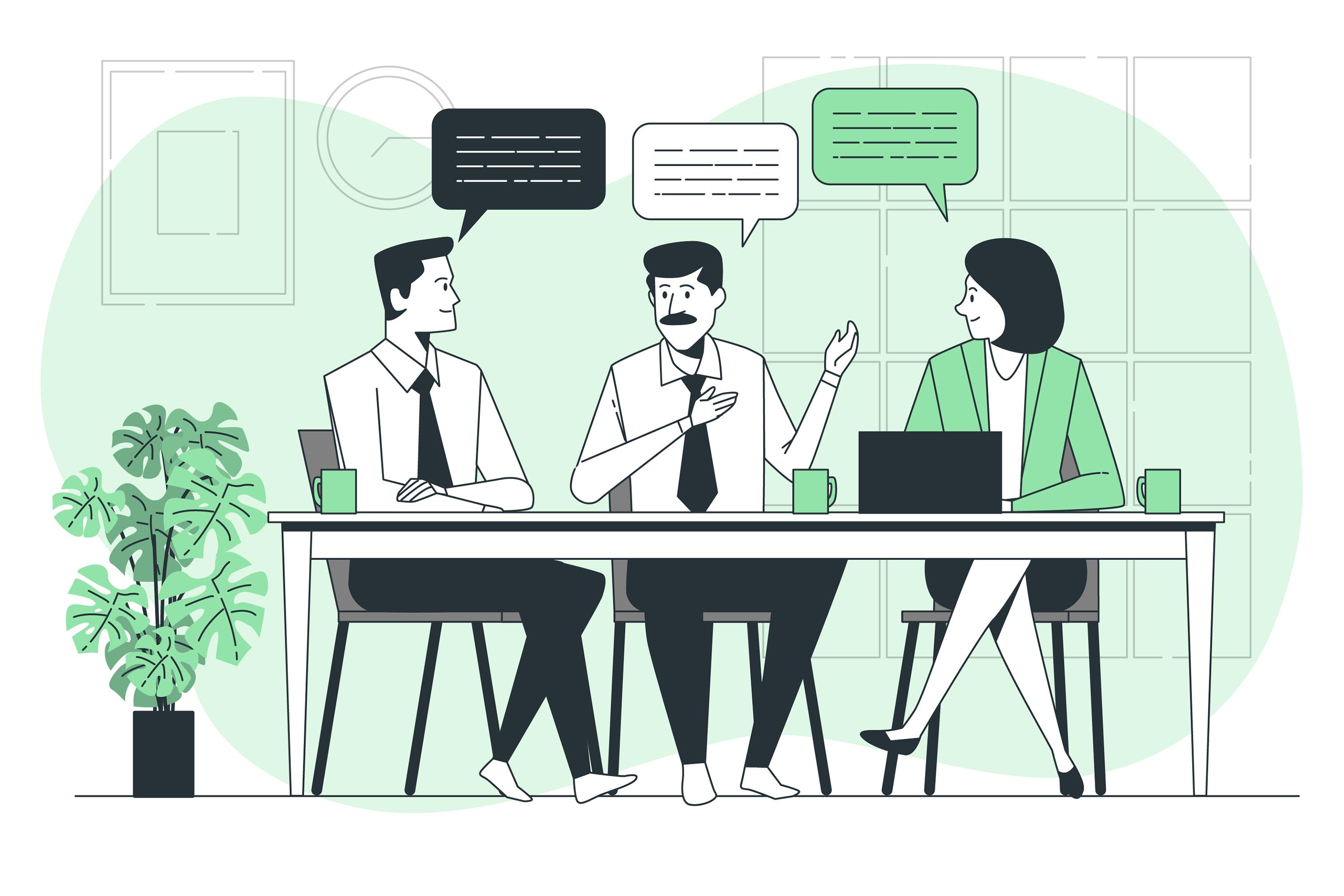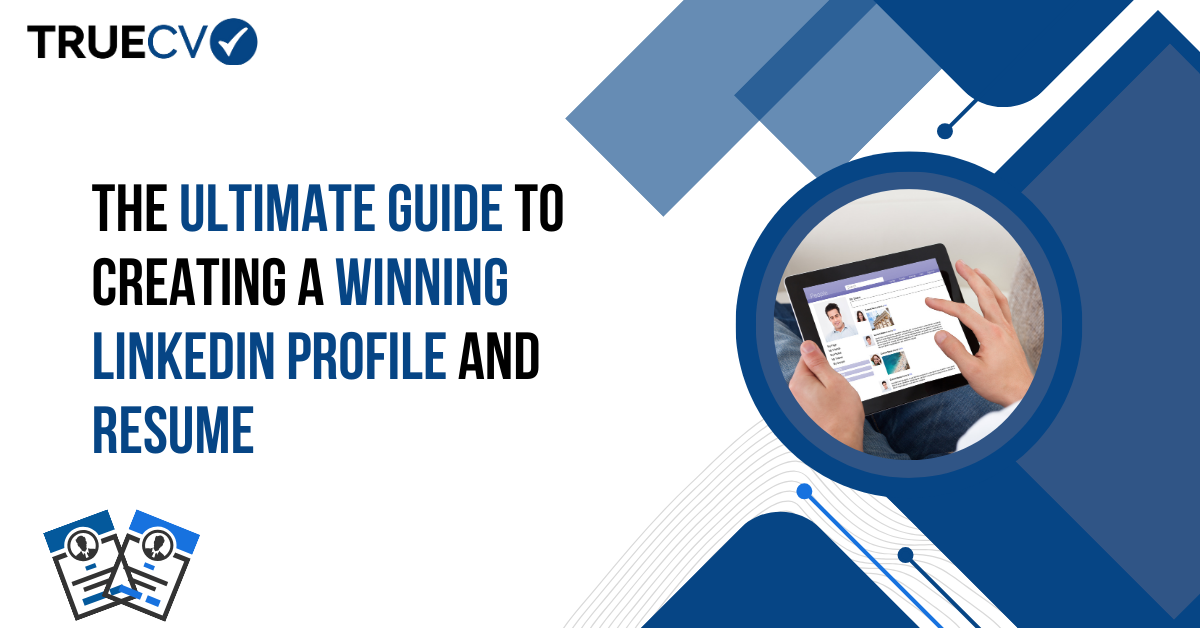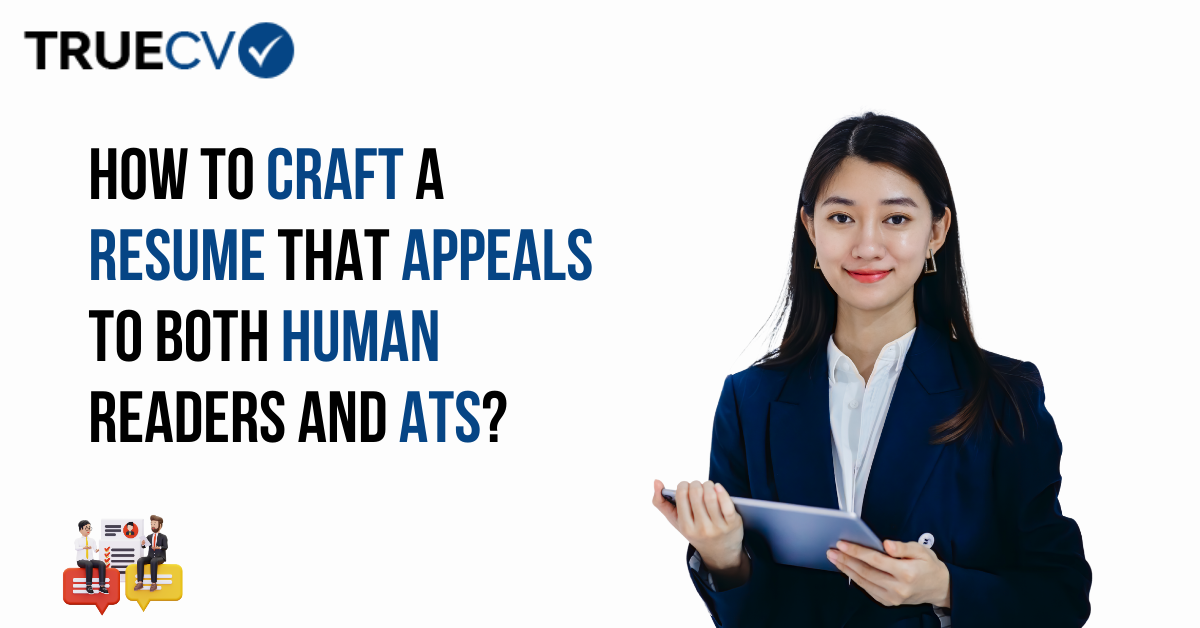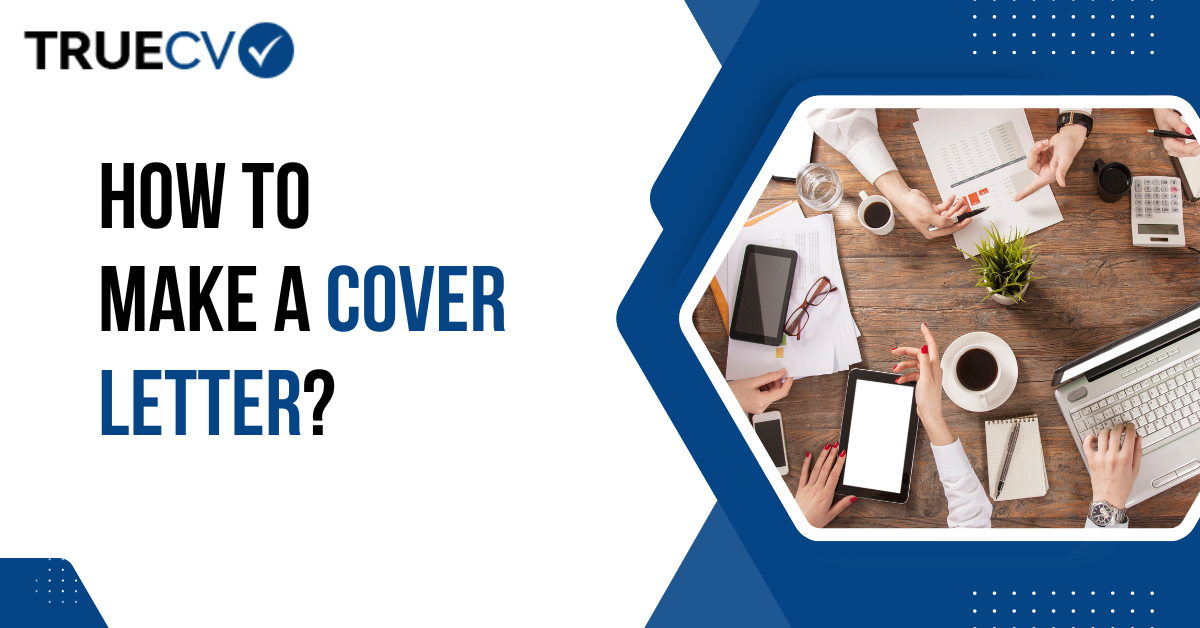
Panel Interview Excellence: Mastering Multi-Interviewer Situations
Embarking on the journey through the diverse landscape of job interviews, you might encounter the fascinating realm of panel interviews. This distinct format involves facing a group of interviewers collectively, each contributing their unique vantage point to the evaluation process. Although this might initially appear as a daunting challenge, armed with thorough preparation and strategic finesse, you can not only conquer the panel interview but also leave an indelible mark as a candidate who excels in navigating intricate professional interactions. In this comprehensive guide, we will delve into the dynamics of panel interviews, unravel the rationale behind their prevalence, and furnish you with an expansive array of tips to ensure you shine brilliantly in these multifaceted interview settings.
Unveiling the Panel Interview
At its essence, a panel interview entails being scrutinized by a group of interviewers rather than the conventional one-on-one setup. Each panel member represents a distinct facet of the organization – from departmental leaders to potential future team members. The panel interview functions as a comprehensive assessment mechanism that empowers interviewers to gauge your alignment with the organization's values, culture, and operational requirements. Embracing this format not only underscores your capacity to navigate intricate professional exchanges but also positions you as a candidate who thrives in today's collaborative work ecosystems.
Understanding the Benefits
What prompts organizations to adopt the panel interview format? Let's explore the multifaceted advantages it offers:
360-Degree Evaluation: The presence of diverse interviewers allows for a thorough assessment of your skills, interpersonal capabilities, and cultural compatibility. This holistic evaluation provides a comprehensive understanding of your potential contributions to the organization.
Efficiency Redefined: In a fast-paced corporate world, time is of the essence. Panel interviews consolidate the evaluation process into a single session, streamlining the process for both the candidate and the interviewers.
Cultural Synchrony: Organizations highly value candidates who seamlessly integrate into their existing culture. A panel interview provides insights into how effectively you can connect with various personalities within the organization, showcasing your potential alignment.
Preparing to Excel
With an appreciation for the significance of panel interviews, let's delve into a comprehensive set of preparation strategies to ensure not just navigation but mastery:
1. In-Depth Research
Immerse yourself in research about each panel member. Understand their roles, responsibilities, and professional backgrounds. Armed with this knowledge, you can tailor your responses to align with their expectations and establish a genuine rapport.
Example: Suppose you're being interviewed by the marketing head, the project manager, and a senior developer. You might discover that the marketing head emphasizes creativity, the project manager values time management, and the senior developer emphasizes technical expertise.
2. Redundancy in Resumes
Demonstrate your meticulousness by bringing extra copies of your resume. This signifies your commitment to being well-prepared and portrays you as a detail-oriented professional.
Example: As you distribute the additional copies of your resume, you can mention, "I've brought extra copies in case anyone would like to explore specific aspects of my experience."
3. Engaging Eye Contact
When responding to questions, make a conscious effort to maintain eye contact with every panel member. This practice showcases your ability to connect with a diverse group and ensures everyone feels acknowledged.
Example: As you answer a question posed by one panel member, briefly glance at the others while emphasizing key points. This gesture conveys inclusivity and engagement.
4. Intentional Responses
Before answering a question, take a moment to collect your thoughts. This pause not only conveys thoughtfulness but also prevents hasty responses that might not effectively showcase your capabilities.
Example: When asked about a challenging project, pause for a brief moment, then begin, "That's an excellent question. Let me reflect on the most pertinent example that highlights my problem-solving skills."
5. Confident Vocal Presence
Articulate your responses with clarity and confidence. A strong and assured voice exudes self-confidence and ensures that your insights resonate with all panel members.
Example: As you discuss your leadership experience, modulate your voice to emphasize key achievements. "During my tenure as a team leader, I successfully orchestrated a cross-functional collaboration that resulted in a 20% increase in project efficiency."
6. Nuanced Responsiveness
If posed with similar questions by different panel members, seize the opportunity to offer nuanced responses. This demonstrates your adaptability and multifaceted understanding of the topic at hand.
Example: When two panel members inquire about your approach to conflict resolution, tailor your response to each role's context. For the project manager, focus on timelines, while for the HR manager, emphasize interpersonal harmony.
7. Equitable Engagement
Treat every panel member with equal respect and enthusiasm, regardless of their seniority. Your behavior is a testament to your professionalism and your ability to collaborate with diverse stakeholders.
Example: When asked about your preferred management style, direct your response to all panel members, "In my view, effective collaboration involves understanding the unique strengths each team member brings to the table."
8. Open and Receptive Stance
Throughout the interview, maintain an open posture and remain receptive to questions from any panel member. This stance encourages a fluid and inclusive dialogue that highlights your approachability.
Example: As another panel member begins to ask a follow-up question, subtly adjust your posture to face them while maintaining an engaged expression.
9. Nonverbal Brilliance
Nonverbal cues carry significant weight. Focus on maintaining confident body language – avoid crossing your arms, maintain steady eye contact, and exude an air of composed enthusiasm.
Example: When discussing your recent achievements, adopt an open posture with relaxed shoulders. This nonverbal confidence complements your verbal narrative.
10. Proactive Engagement
Set the rhythm of the interview by initiating conversations with different panel members. This proactive approach showcases your interpersonal skills and signals your genuine interest in the organization.
Example: After providing an overview of your experience, segue into a question for the panel, "Considering your roles and insights, I'd be curious to know your perspectives on my potential contributions."
In Conclusion
Embracing a panel interview might initially trigger a mixture of emotions, ranging from excitement to mild apprehension. However, armed with the knowledge and strategies provided in this guide, you can confidently approach the challenge. Remember, a panel interview is not solely a test of your skills; it's an opportunity to showcase your adaptability and your capacity to thrive in a collaborative professional environment.
As you prepare for your upcoming panel interview, view it as a platform to engage with a diverse range of interviewers, each bringing their unique viewpoint to the table. Embrace the experience, be attuned to the subtleties of each panel member, and let your authentic self shine. By diligently preparing, maintaining composure, and effectively connecting with multiple stakeholders, you're not only poised to excel in the panel interview but also prepared to flourish in any team-oriented work setting.
Approach the challenge with enthusiasm, exude confidence, and let your excellence illuminate the interview room, setting the tone for a dynamic, insightful, and productive conversation.





